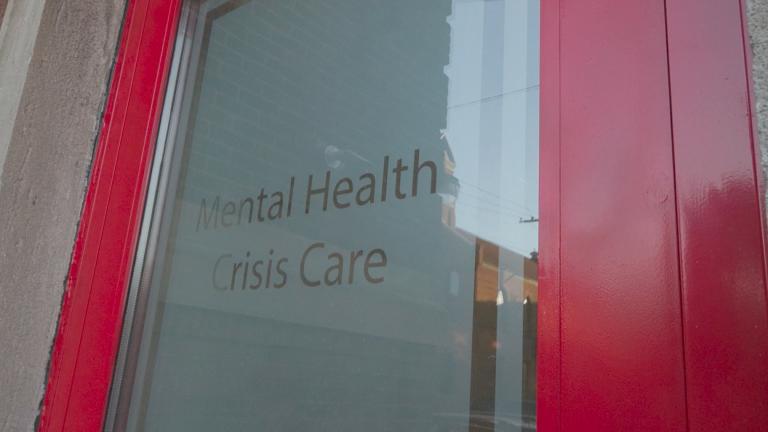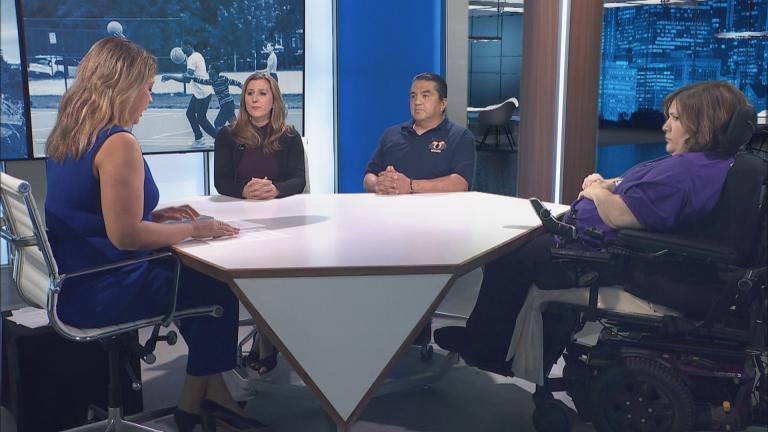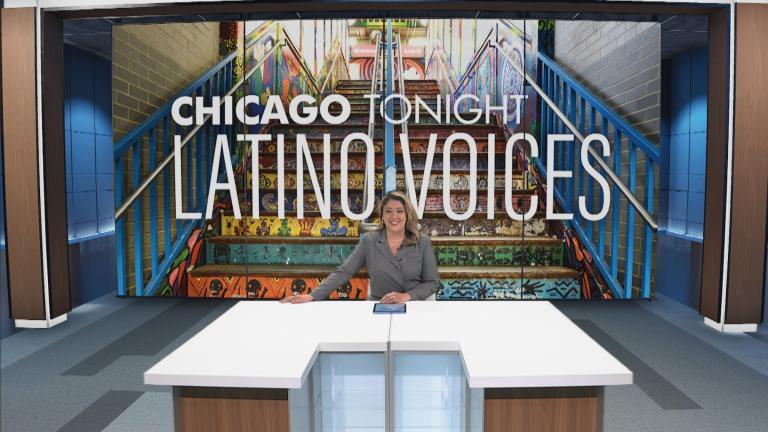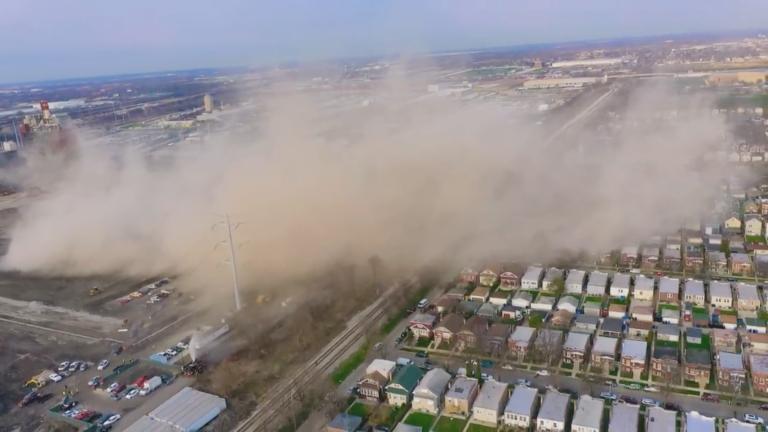A bill awaiting Gov. J.B. Pritzker’s signature would repeal the state’s so-called HIV criminal transmission statute.
The law currently makes it illegal for people living with HIV to have unprotected sex without disclosing their status to sexual partners.
“The law makes it a felony, punishable by up to seven years in prison, for knowingly exposing someone to HIV without taking measures to protect the other person,” said Adam Rhodes of the Chicago Reader, who recently wrote about the law’s history and use in an article co-published with Injustice Watch.
The statute was passed in the late 1980s at the height of the AIDS crisis in an attempt to slow the spread of the virus.
But in recent years, critics have argued the Illinois law and ones like it criminalize having HIV or AIDS, especially in communities of color, while doing almost nothing to slow its spread.
“Scores of critics say policies like Illinois’s are a dangerous and misguided attempt at stopping the spread of HIV and punish people for merely living with the virus while potentially allowing vengeful lovers to weaponize the law against people living with HIV,” Rhodes writes in the article.
Rhodes says in Chicago, the law has been predominantly enforced against Black men, and that studies show it has “essentially done the exact opposite of what they claim to do.”
“These laws actually limit testing, limit adherence to medication,” Rhodes said. “So in light of that, the activists pushing for repeal say these laws are just punishing people for living with this virus.”
The bill repealing the law was passed by the Illinois General Assembly this spring.
Across the country, data from the Centers for Disease Control and Prevention show the proportion of total HIV infections has risen steadily in Latino and Black communities since the 1980s.
“Over time, the proportion of HIV infections has increased among Black/African American (Black) persons (from 29% in 1981 to 41% in 2019) and among Hispanic/Latino persons (from 16% in 1981 to 29% in 2019),” the federal agency wrote in a recent report.
Rhodes says there are ongoing barriers for those communities when trying to seek treatment or resources on HIV or AIDs.
“I think the biggest barrier is always going to be stigma. It’s always going to be those lasting misconceptions about what the HIV virus is, who it impacts, and just the state of one’s life after being diagnosed,” Rhodes said. “Particularly with the Latino community, there’s all of that machismo, and misconceptions about queerness and homosexuality, and when you pair that with a disease that’s kind of paired with that same community, then there’s going to be a lot of barriers to then fighting that virus.”








